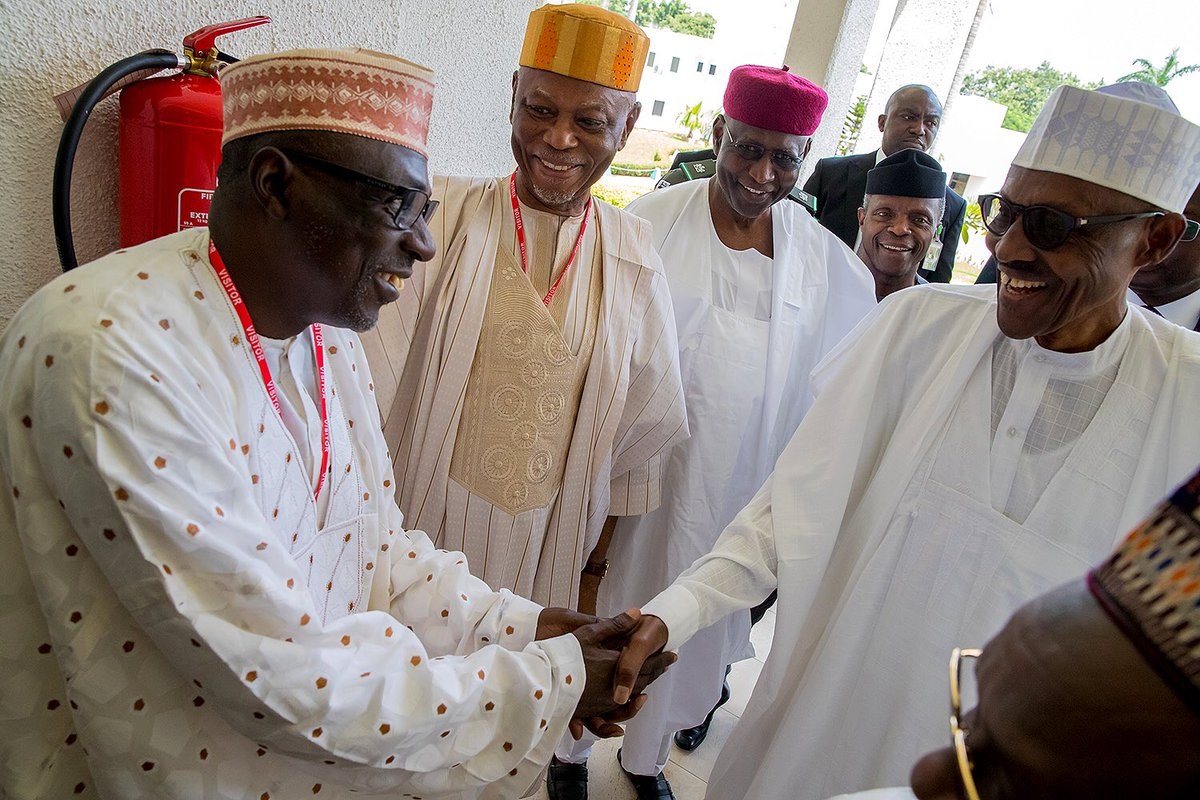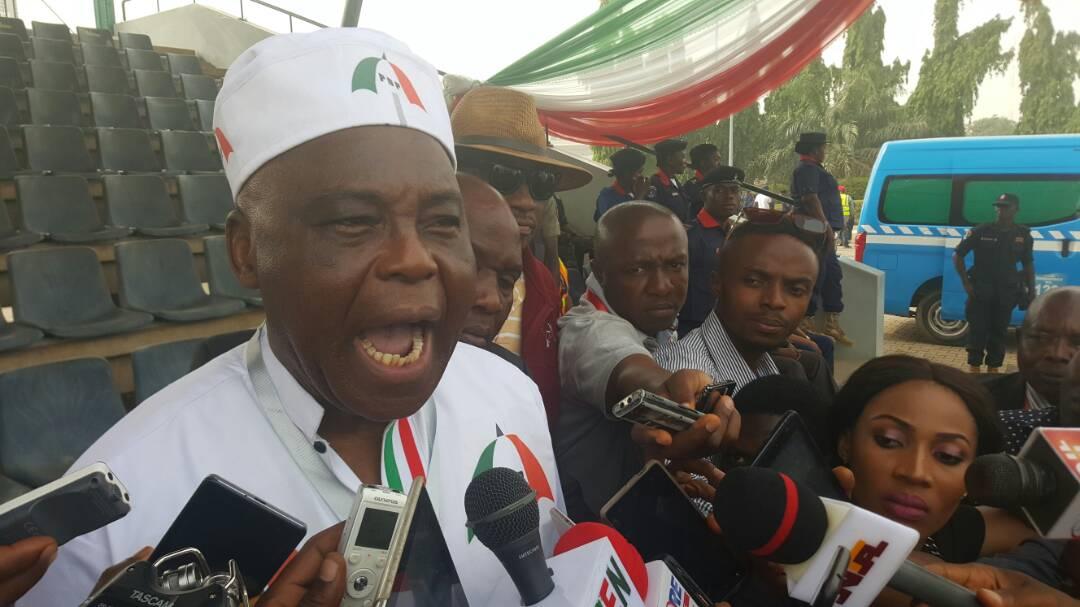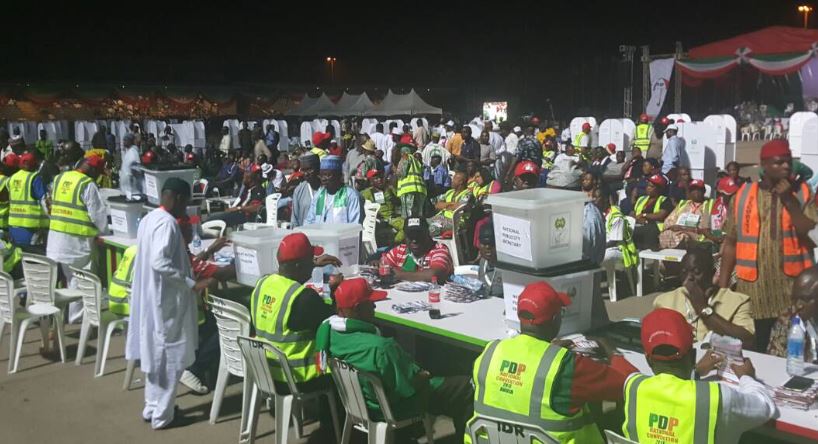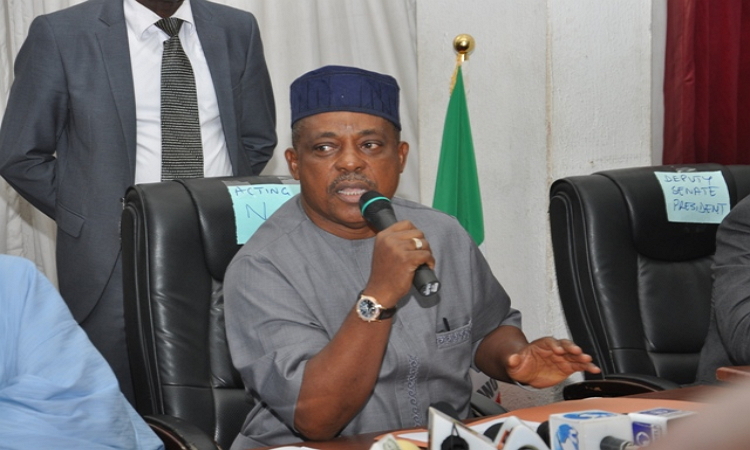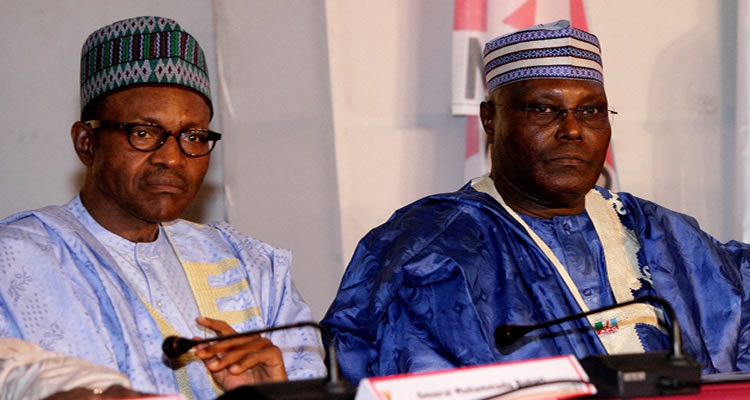Ahmed Markafi says the PDP has been living from hand to mouth. According to Markafi, the party has only had access to N2 million in the last 18 months.
Despite the allegation that Adamu Mauzu left about N9 billion before stepping aside in May 2015, workers are now being owed salaries in the PDP.
This means the party could be at the mercy of moneybags or anyone who could take up any major expenses in the party.
Since the constitution doesn’t allow for independent candidates, Nigerians ought to be concerned about how political parties – which are the platforms our leaders emerge from – operate.
Advertisement
Today, there are all kinds of bitter accusations in the PDP. The immediate past vice-chairman of the PDP, Dr Cairo Ojugbo, alleged that the Rivers State governor was influencing party faithful with huge cash in order to ensure Uche Secondus emerge as party chairman.
Some PDP chieftains – such as Raymond Dokpesi and Tunde Adeniran – have even rejected the results of Saturday’s election, claiming imposition of candidates.
In the same vein, the former vice-president, Nnamdi Sambo, reportedly stormed out of the north-west caucus meeting in protest over the imposition of candidates.
Advertisement
Imposition of candidates is not only peculiar to the PDP: all major parties in Nigeria are guilty of it. This is not good for democracy in Nigeria. Though the role of money in politics cannot be wished away, the politics of cash and carry cannot guarantee sustainable development in Nigeria.
Political parties need to devise strategies to strengthen party financing in order to protect themselves from undue influence.
In order to shield political parties from these undue influences, Ibrahim Babangida’s government advocated for public funding of political parties. But this might be susceptible to abuse.
Ideally, levies from members constitute a major source of funding for political parties, while donations from supporters constitute the second major source of funding for parties. Also, sales of nomination forms should contribute another chunk of resources. For instance, the PDP’s constitution allows the party to levy its elected and appointed public officers an average 5% of their basic salaries. These sources of funds – if effectively implemented – could help reduce the influence of money bags in party financing.
Advertisement
Fundamentally, our electoral reforms need to address how political parties raise their funds and the limit individuals and organizations could contribute. As difficult as this kind of check might seem, it is a major way to prevent political parties from being hijacked by a few individuals and moneybags.
Add a comment

